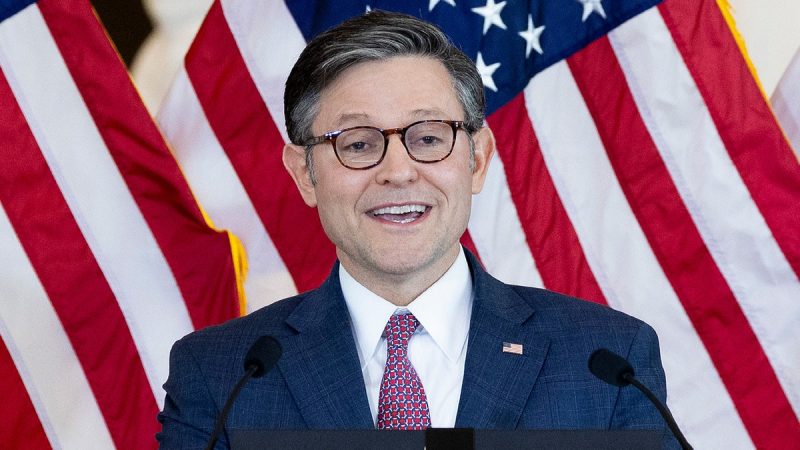The recent passage of the Foreign Intelligence Surveillance Act (FISA) renewal by the House of Representatives has sparked significant debate and controversy over the lack of an added warrant mandate for US data. This move signifies a continuation of the surveillance measures established in the wake of the 9/11 terrorist attacks, while raising questions about privacy rights and government oversight in the digital age.
One of the primary concerns raised by critics of the FISA renewal is the absence of a warrant requirement for accessing US data. The original intent of FISA was to provide a legal framework for the government to conduct surveillance on foreign targets, with provisions in place to protect the privacy of US citizens. However, the lack of a warrant mandate has led to fears of unchecked government overreach and potential violations of civil liberties.
Proponents of the FISA renewal argue that the existing safeguards and oversight mechanisms are sufficient to prevent abuse and protect individual privacy. They point to the role of the Foreign Intelligence Surveillance Court (FISC) in reviewing surveillance requests and ensuring that they comply with the law. Additionally, supporters highlight the importance of maintaining robust national security measures in the face of evolving threats and technological challenges.
Despite these arguments, many remain skeptical about the implications of renewing FISA without additional warrant mandates. The rapid advancement of technology has made it easier for governments to surveil individuals and collect vast amounts of data without proper oversight. This raises concerns about the potential for abuse, especially in light of past revelations about government surveillance programs such as PRISM.
Moreover, the lack of transparency surrounding FISA and its implementation further complicates the debate. The secretive nature of surveillance operations makes it difficult for the public to fully understand the scope of government activities and hold officials accountable for any misconduct. Calls for greater transparency and accountability have been a consistent theme in discussions about FISA reform and renewal.
Moving forward, it is clear that the debate over FISA and government surveillance will continue to evolve as technology advances and new threats emerge. Finding a balance between national security imperatives and individual privacy rights remains a complex and ongoing challenge for policymakers and the public alike. Ultimately, the outcome of this debate will shape the future of surveillance practices and the protection of civil liberties in the digital age.

